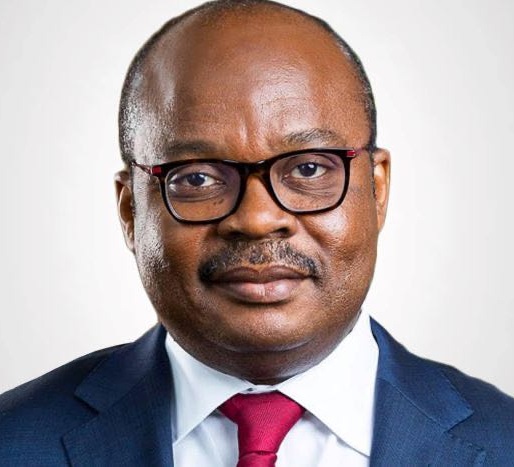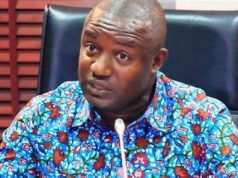The Bank of Ghana (BoG) has indicated that its foreign exchange reserves have remained steady and estimated at $6.2 billion as of April 5, 2024 despite the delays in disbursement of some donor support.
BoG Governor Dr. Ernest Addison who announced that said the central bank will continue implementing policies that have helped sustain that progress including the innovative Gold for Reserves programme, “which has acted as a game changer in our foreign exchange management strategies”.
Speaking at a joint International Monetary Fund, Ministry of Finance, Bank of Ghana Press Conference on the Second Review of the Extended Credit Facility (ECF) Programme, Dr. Addison said his outfit also expects an end-year inflation of 15+/- 2%.
“We have shown steadfast commitment to a set of policies right from the beginning under very difficult circumstances and we have reached a stage where programme implementation is progressing well. We completed the first review of the ECF programme in the latter part of last year and today we are on the verge of completing the second review with steadfast implementation of our policy measures.
“With substantial progress in these measures, we are beginning to reap substantial macroeconomic dividends. Inflation has dropped significantly from a peak of 54 percent at the end of 2022 to 23% in 2023. The exchange rate remained relatively stable throughout last year, supported by tighter monetary policy and stronger foreign exchange reserves. Economic growth surprised on the upside”, he mentioned.
“During the first quarter of this year, this progress has continued although we have witnessed some slowdown in the pace of disinflation primarily due to a variety of factors including adverse base drift effects. The expectation however is for the disinflation process to resume in the second quarter of 2024 and beyond driven by continued maintenance of a tight monetary policy stance. Our expectation for end-year inflation of 15+/- 2% remains unchanged”, he added.
On the impact of the Domestic Debt Exchange Programme on the balance sheet of the Central Bank, the Governor said it had reached a broad understanding of the early recapitalization of the Bank of Ghana and a Memorandum of Understanding between the Bank of Ghana and the Ministry of Finance will be signed to this effect.
“We have also discussed progress in the External Debt restructuring programme of the government and the ongoing discussions with commercial creditors, bondholders and bilateral creditors”, he reiterated.
Overall on all sides, Dr. Addison said they have concluded that “we must continue with steadfast programme implementation of policies, continue with the fiscal rectitude, continue with the tight monetary policy stance, and pursue the necessary structural reforms to underpin the sustainability of the progress we are making.
“On the Fund’s side, we expect some degree of flexibility to reflect changing dynamics in the Ghanaian economy”, he added.
Ghana has not been able to successfully implement an IMF-supported programme in an election year without derailment.
The Governor concluded, assuring that the government and the Central Bank are committed to changing that narrative.




































